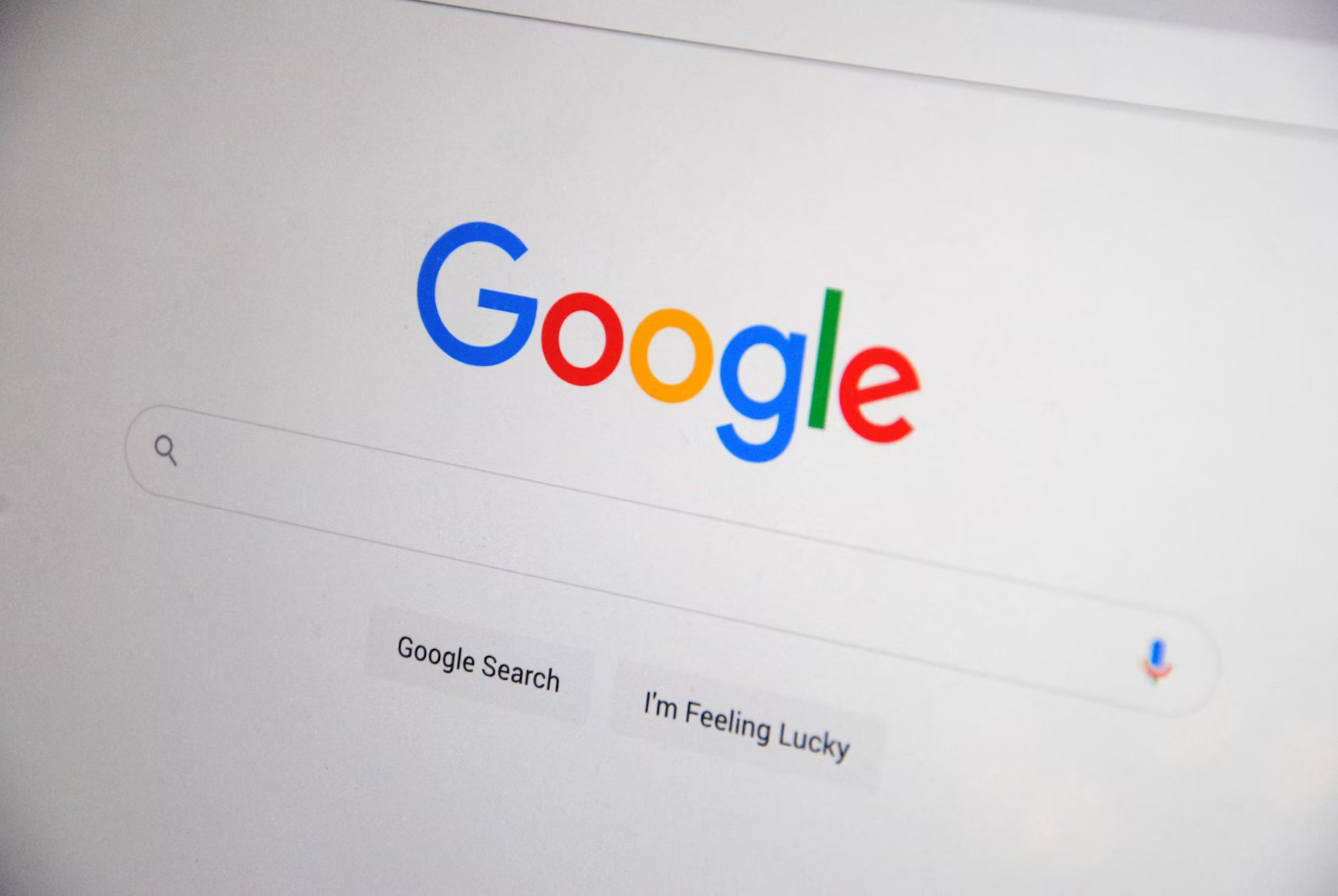The Foundation (2000-2010):
Links as Votes
In its first decade, Google revolutionized search with PageRank, a system that interpreted hyperlinks as votes of confidence. SEO was simpler, focusing on acquiring links and using exact-match keywords. This era laid the groundwork for the complex ecosystem we know today.
Google Toolbar (Dec 2000)
Key Impact: Made PageRank visible to the public, turning link building into a core SEO obsession.
Effect on SEO: SEOs began chasing high PageRank links, sometimes neglecting relevance. The "link economy" was born.
Florida Update (Nov 2003)
Key Impact: The first major, impactful update that penalized aggressive and outdated SEO tactics like keyword stuffing.
Effect on SEO: Forced a move towards more natural language and signaled that Google would actively fight manipulation.
Big Daddy (Dec 2005)
Key Impact: A fundamental infrastructure update that changed how Google crawled and indexed URLs, focusing on canonicalization and redirects.
Effect on SEO: Technical SEO became crucial. Proper use of 301 redirects and canonical tags was now essential for site health.
The Age of Quality Content
(2011-2012)
The game changed with the Panda update. Google declared war on "content farms" and low-quality websites, elevating the importance of creating genuinely useful and well-written content for users, not just search engines.
The Panda Update
of English queries affected at launch
Key Impact: A site-wide quality score was applied, penalizing sites with thin, duplicate, or ad-heavy content.
Effect on SEO: A massive shift from quantity to quality. Content audits and removing low-quality pages became standard practice.
Anatomy of a Penalty
The War on Spam Links
(2012-2016)
Following Panda, Google turned its attention to link quality with the Penguin update. It targeted manipulative link building, such as paid links and schemes, forcing the industry to focus on earning natural, high-quality backlinks.
Penguin: Link Quality Matters
Key Impact: Penguin devalued links from low-quality or irrelevant sites and penalized unnatural link profiles.
Effect on SEO: Link audits and the Disavow Tool became essential for recovery. The focus shifted to earning links through great content and digital PR rather than buying them.
Understanding Intent & Context
(2013-2015)
This era marked a pivotal change from matching keywords to understanding the meaning behind them. With Hummingbird, Google began to grasp conversational search, while updates like Pigeon and Mobilegeddon emphasized local context and mobile usability.
From Keywords to Concepts
Old Way: Keyword Matching
New Way: Semantic Understanding
Key Impact: Hummingbird rebuilt the core algorithm to better understand conversational queries.
Effect on SEO: SEOs had to think about topics, not just keywords. Content strategies shifted to comprehensively answering user questions.
AI & User Experience
(2015-2021)
Machine learning took center stage. RankBrain helped Google interpret ambiguous queries, while BERT brought a new level of language understanding. Simultaneously, the Page Experience update, with its Core Web Vitals, made technical user experience a direct ranking factor.
Core Web Vitals
BERT & Language
Key Impact: BERT (Bidirectional Encoder Representations from Transformers) allowed Google to understand the nuances and context of words in searches, significantly improving results for long, conversational queries.
Query: "can you get medicine for someone pharmacy"
BERT understands the word "for" is crucial, implying picking up a prescription for another person.
Effect on SEO: Writing naturally is more important than ever. SEOs must focus on creating content that directly and clearly answers the user's question, no matter how it's phrased.
The E-A-T & Helpfulness Era
(2022-2024)
The focus intensified on content created *for* people, *by* people. The Helpful Content Update specifically targets content designed to rank in search rather than help users. This, combined with ongoing Core Updates, reinforces the need for Expertise, Authoritativeness, and Trustworthiness (E-A-T).
Modern Ranking Signal Importance (Conceptual)
Key Impact: The Helpful Content Update introduces a new site-wide signal that demotes content demonstrating poor user experience or unhelpfulness.
Effect on SEO: SEOs must ruthlessly prune unhelpful content and ensure their primary goal is satisfying the user, demonstrating first-hand expertise.
The Generative Future
(2024-2025)
Search is undergoing its biggest transformation yet. With the rollout of Search Generative Experience (SGE), AI-generated summaries appear directly in the SERP. The challenge for SEOs is to maintain visibility in a world of "zero-click" searches and to create content that is valuable enough to be cited by AI and clicked on by users.
The Evolving Search Results Page
AI-Powered Snapshot
Here is a summary of the best pizza restaurants near you... [AI generated text with citations]
Joe's Pizza - Best in Town
https://joespizza.example.com
Maria's Pizzeria - Authentic Italian
https://mariaspizzeria.example.com
Projected Impact: A significant drop in clicks for informational queries answered by AI.
Effect on SEO: SEO strategies will bifurcate: 1) Creating "AI-citation-worthy" content that is factual and definitive. 2) Focusing on bottom-of-funnel, transactional, and experiential content that AI cannot replicate and users must click through to see.


